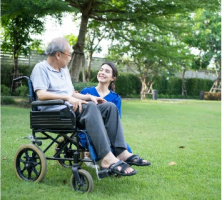Posterior Cruciate Ligament (PCL) Injuries in Bathinda
Learn about Posterior Cruciate Ligament (PCL) injuries, which can cause pain, instability, and limited mobility in the knee. Discover causes, symptoms, and treatment options for this common knee injury in Bathinda. Learn about Posterior Cruciate Ligament (PCL) injuries, which can cause pain, instability, and limited mobility in the knee. Discover causes, symptoms, and treatment options for this common knee injury in Bathinda.
Latest procedures
 50+
50+
Expert surgeons
Personal Assistance







